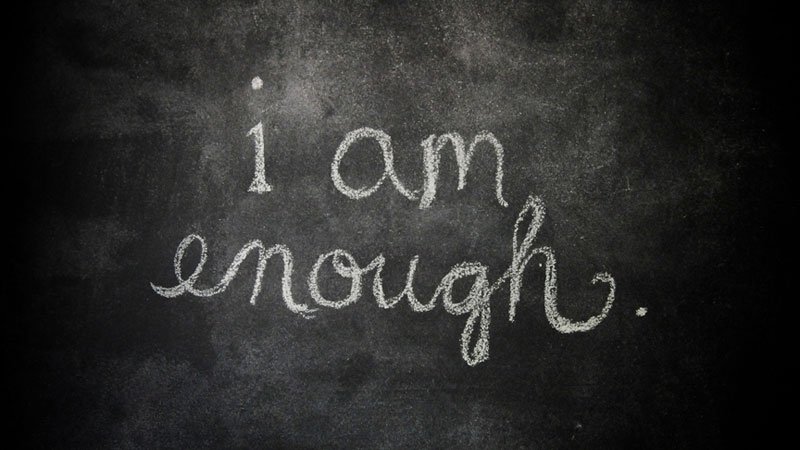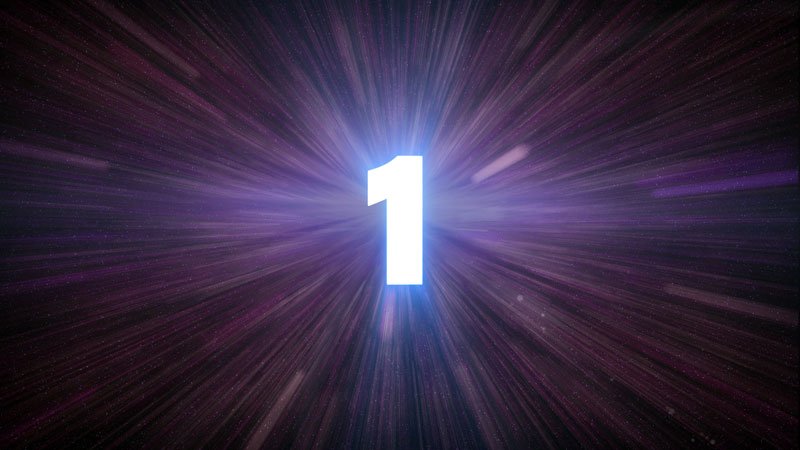Success Advice
The Curse Of Knowledge: How To Avoid Sabotaging Your Success
Published
3 years agoon

Some say that “knowledge is power” but sometimes being an expert can have a dark side — It could be sabotaging your success. If you’re struggling to communicate your ideas effectively you could be suffering from the curse of knowledge.
What Is The Curse Of Knowledge?
The curse of knowledge is a cognitive bias that occurs when we incorrectly assume that everyone knows as much as we do on a given topic.
The curse of knowledge means that the more familiar you are with something, the harder it is to put yourself in the shoes of someone who’s not familiar with that thing.
In other words, when you know something, it’s hard to imagine that others might not.
“Lots of us have expertise in particular areas. Becoming an expert in something means that we become more and more fascinated by nuance and complexity. That’s when the curse of knowledge kicks in, and we start to forget what it’s like not to know what we know.”
– Chip and Dan Heath, authors ofMade to Stick: Why Some Ideas Survive and Others Die
How Can The Curse Of Knowledge Affect You?
Undervaluing What You Know
This is the biggest impact the curse of knowledge has made in my life — Undervaluing my knowledge. Because I undervalued what I knew, I didn’t feel it was worth sharing.
I made decisions not to create certain content, create courses, products and services all because I didn’t think they were valuable enough. The thinking was if I saw no value in it, I wouldn’t be providing any value to the marketplace.
In my mind I couldn’t see the value in what I considered basic. I felt like that knowledge was everywhere and easy to access so of course people must already know it.
Why would they pay me for “basic stuff” they could get for free? Wouldn’t I just be rehashing what’s already out there?
The trouble was that I was so familiar with certain complex stuff that I didn’t even appreciate the high level complexity of what I knew anymore. It may have been super advanced stuff for someone else but to me it was just “basic stuff”.
When you become an expert in any given topic, it’s easy to forget that what you may consider basic or simple knowledge can be lifechanging for someone else.
When you undervalue what you know, it’s also easy to undervalue yourself. This can lead to low self-esteem and imposter syndrome.
Harder For You To Teach Others
This aspect of the curse of knowledge, whereby experts struggle to teach in a way that beginners can understand, is sometimes referred to as the curse of expertise.
The curse of knowledge can affect your effectiveness as a teacher by causing you to forget that your student doesn’t have the benefit of the knowledge that you possess.
You may find it hard to have patience with your student or underestimate the level of difficulty of what you’re teaching.
This can also affect you as a parent when trying to teach your children.
Harder For You To Communicate, Market & Sell
For example, it can be difficult for the salesperson to communicate the benefits of a product or service effectively to their prospect because the salesperson might struggle to remember that those people aren’t familiar with industry specific jargon and terminology.
You may confuse people by giving them too much knowledge they’re not yet able to understand.
Writers also struggle with the curse of knowledge. The more you know, the less clearly you write.
“I think the curse of knowledge is the chief contributor to opaque writing… It simply doesn’t occur to the writer that readers haven’t learned their jargon, don’t seem to know the intermediate steps that seem to them to be too obvious to mention, and can’t visualize a scene currently in the writer’s mind’s eye. And so the writer doesn’t bother to explain the jargon, or spell out the logic, or supply the concrete details — even when writing for professional peers.” – Steven A. Pinker
Harder For You To Predict The Behaviour Of Others
This aspect of the curse of knowledge is associated with people’s expectation that those who are less-informed than them will use information that the less-informed individuals don’t actually have.
For example, an experienced driver may be surprised by something dangerous that a new driver does, because the experienced driver struggles to understand that the new driver doesn’t understand the danger of what they’re doing.
Harder For You To Understand Your Own Past Behaviour
This aspect of the curse of knowledge can manifest in various ways and be referred to using various terms, such as the hindsight bias, knew-it-all along effect, and creeping determinism.
For example, it can cause someone to think that they were foolish for making a certain decision in the past, even though the information that they had at the time actually strongly supported that decision.
A lot of people beat themselves up over their past decisions and mistakes and if you find yourself doing the same it’s important to remember that you did the best for yourself at that time with the information you had.
With the wisdom of today, you would often want to have done something differently in the past. But that makes sense, because you got that wisdom precisely by doing it and making ‘mistakes’.
Success in life is the result of good judgment. Good judgment is usually the result of experience. Experience is usually the result of bad judgment. – Tony Robbins
How To Avoid The Curse Of Knowledge
Just understanding that the curse of knowledge exists is an important first step! It helps you recognize potential problems before they actually become problems. Here are five important tips to help you avoid the pitfalls created by the curse of knowledge.
1. Maintain Awareness Of The Bias And Its Impact
For example, in situations where you’re likely to be influenced by the curse of knowledge, remind yourself that others might not know everything that you do, and that this is important to keep that in mind when considering their perspective.
2. Get Fresh Perspective
Take a step back and see things from a different perspective: think back on how you learned about the topic yourself and what would’ve helped you most when you were less-informed. Then, consider the point of view of your audience and try to match your language and ideas with it.
Sometimes it can be difficult to put yourself in someone else’s shoes. This is when you need to rely on getting feedback from your target audience. Don’t be afraid to put your ideas across and ask questions.
3. Know Your Audience
One way to avoid falling prey to the curse of knowledge is to avoid making assumptions about your audience.
If you can get clarity on who your audience is it will be easier to communicate effectively.
You may also have different audience personas with different levels of expertise. For this it’s important that you structure your communication in a way that caters for all levels.
4. Break Things Down
Breaking your message down into smaller, simpler parts is one way to present your message to an audience who have varying levels of knowledge on a topic.
5. When In Doubt, Assume Lack Of Knowledge
When you’re inflicted with the curse of knowledge you assume that everyone else knows just as much as you do on a given topic.
The counter to that would be to assume a lack of knowledge…
So when in doubt, cure the curse of knowledge by assuming your audience has a lack of knowledge.
Summary: The Curse Of Knowledge
The curse of knowledge is a cognitive bias that occurs when we incorrectly assume that everyone knows as much as we do on a given topic.
It can affect people from all walks of life, preventing them from behaving and communicating effectively.
If you want to avoid the curse of knowledge sabotaging your success then it’s important to maintain awareness of how it can affect your behaviour and communication with others so that you can take proactive measure to reduce its influence.
I'm the Founder of SucceedFeed.com and I truly appreciate you taking the time to read my posts and being apart of the Succeed Feed community. I started this website because I wanted to help people like you to maximize your potential and achieve your dreams. Feel free to reach out and connect. If I can be of any help to you on your journey I'll do my best.











